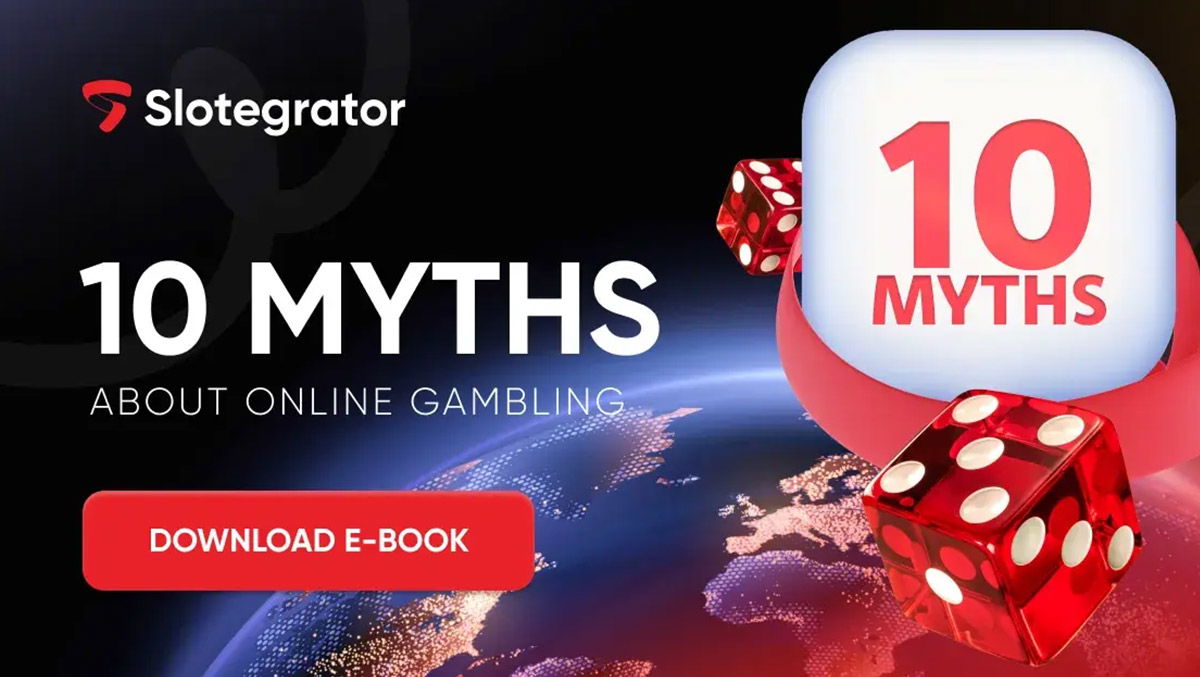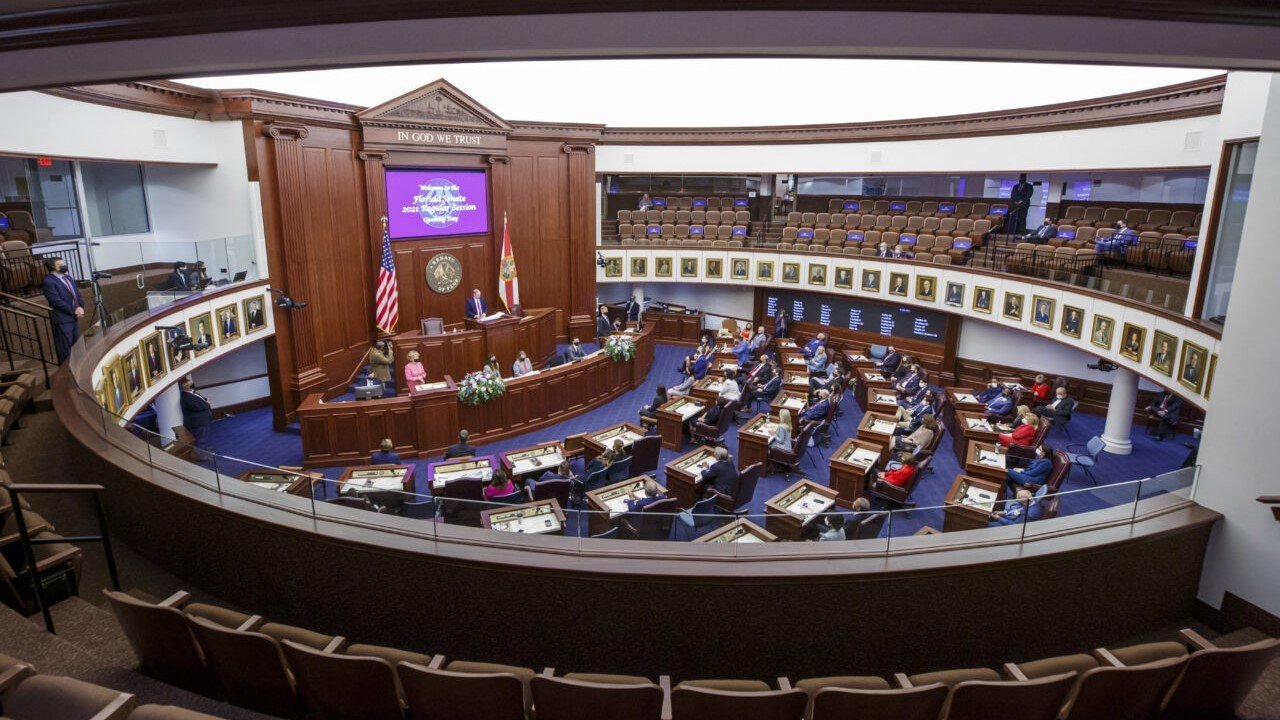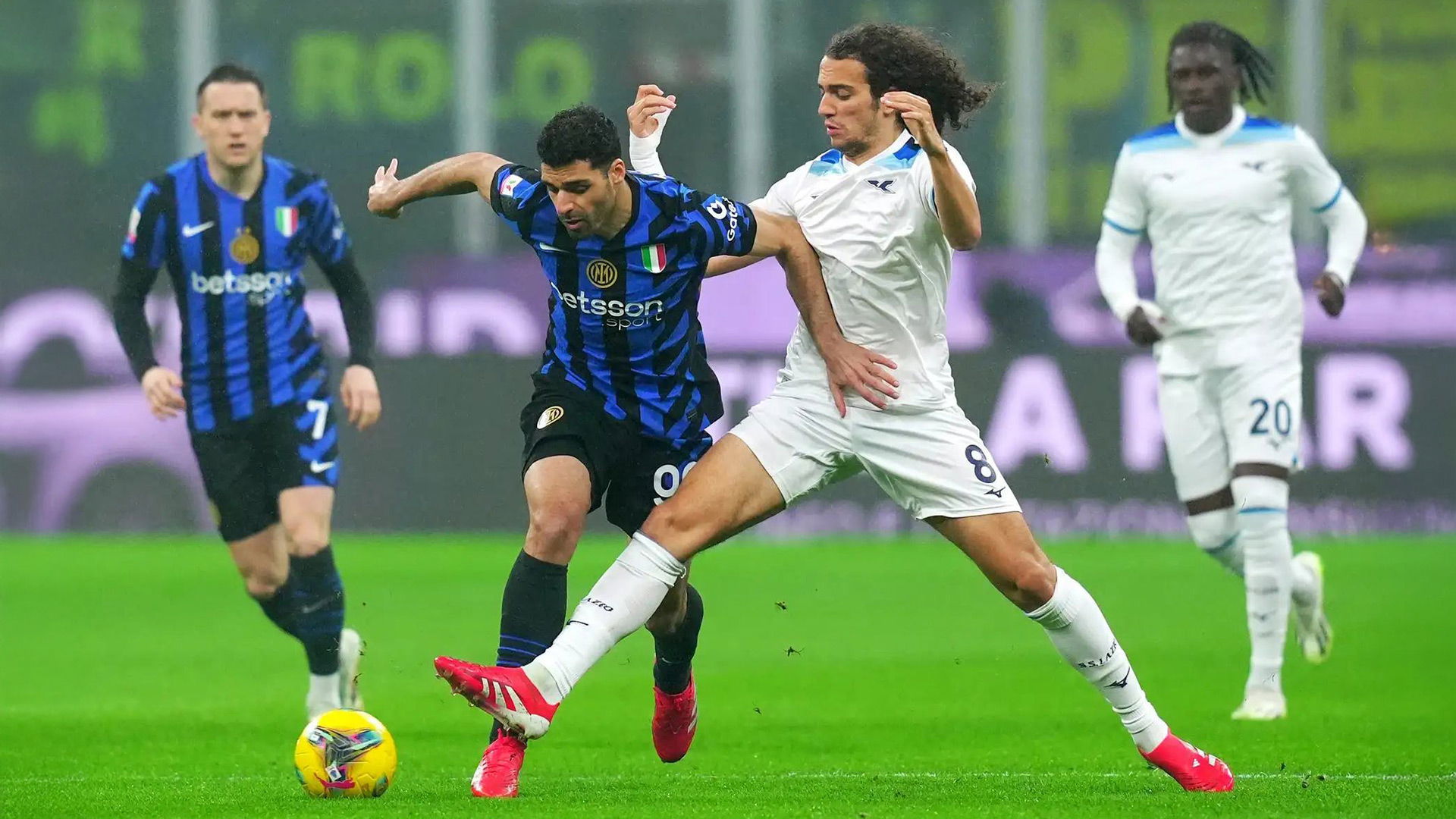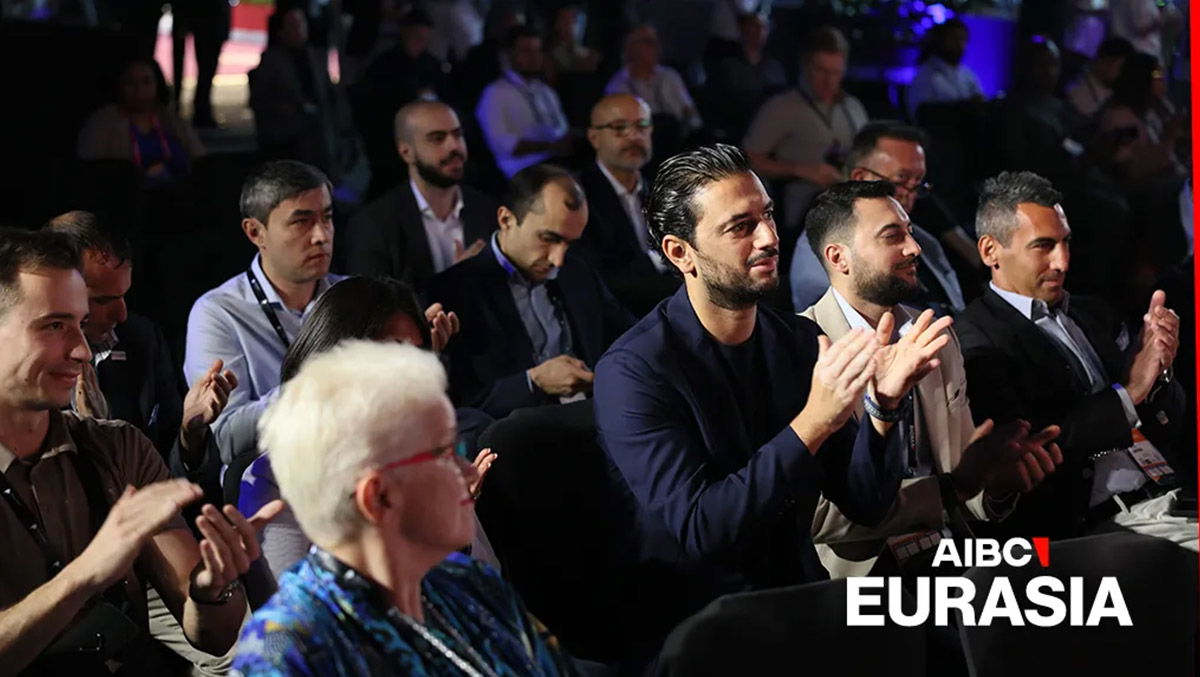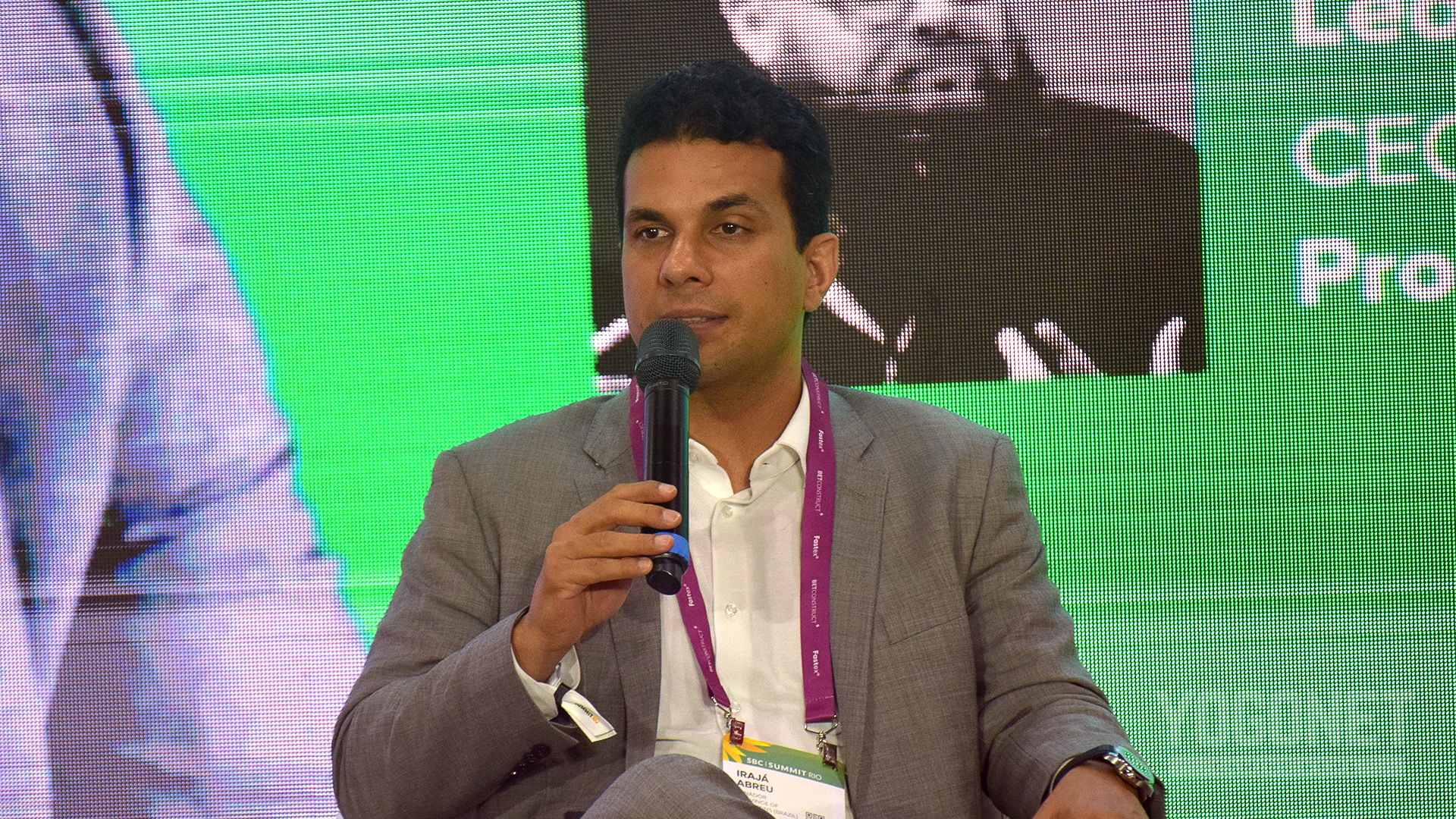"A betting integrity unit can only work if operators are reporting into"

Betting integrity body, formerly known as ESSA, relaunched in June as the International Betting Integrity Association (IBIA), with the aim of better reflecting the global debate around betting and integrity issues and their leading role in that discussion. Nearly five months after rebranding, Khalid Ali, IBIA’s Secretary-General, tells Yogonet the organization has been engaged with a number of betting operators in Latin America, who have expressed an interest in joining the association. “We have also been involved in the Brazilian consultation where we have presented a framework that we believe would enable a sports betting market that would best protect the integrity interests of those involved,” he adds.
Since rebranding, IBIA has been joined by four new members: Virgin Bet, Bet on Alpha, ATG, and BetHard. “We have a pipeline of new members that we are speaking to, which includes operators in Latin America, we are optimistic that we will have some more new members join us in the next six to nine months,” Ali says.
Recently at IAGR 2019, you called on regulators to create a betting integrity unit, and make it a requirement for operators to report suspicious bets and to be part of an international betting integrity body. Could you detail what specific contributions could these initiatives bring to the gaming industry stakeholders and how would they work? What other conclusions and/or learnings have you acquired during the event in Jamaica?
We believe that betting integrity has a key role to play in the regulation and functioning of any sports betting market. Therefore we advocate a number of best practice measures that we have seen work in other jurisdictions. This includes creating a betting integrity unit, a one stop shop where alerts can be reported by operators licensed in that jurisdiction and where bodies like mine can reach out to, if we see anything suspicious. Of course a betting integrity unit can only work if operators are reporting into and that’s why we advocate for it to be a licence condition for operators to report suspicious bets. Given the global nature of match-fixing, it’s vitally important that licensed, regulated operators are part of a global monitoring and alert platform so that they can work with each other to combat this threat to their business and protect their consumers and the integrity of sport.
What considerations and safeguards should US states about to legislate take to make the best and tailored framework in terms of sports integrity? Could you describe and provide recent examples of your current cooperation with the Sports Wagering Integrity Monitoring Association (SWIMA)?
We work closely with SWIMA, we helped them get established by providing them a version of our platform and giving them counsel on a number of specific issues. As many of our members are now licensed in the US, this relationship will continue and only get stronger.
What are your expectations for the EURO 2020 integrity action plan, and how will IBIA help in protecting the upcoming tournament? Are there new strategies to be potentially or effectively included to prevent suspicious activities around that competition?
We’ve already started our planning for Euro 2020. In September we took over 20 betting operators to the offices of UEFA, specifically to discuss how we would work closely together on the Euros. It was also an opportunity for us to share our approaches and see how we could fit in with UEFA’s plans. Unfortunately, due to the confidentiality of these discussions, we cannot share too much publicly.
You’ve also participated in the UNODC 'Safeguarding Sport from Corruption' event, supporting the importance of multi-stakeholder global and national partnerships to fight corruption. How do you propose these partnerships are created and how should they work? What other concepts have you presented or acquired during the event?
We suggest a single contact point for each sport globally/internationally wherever possible – this already works well with the International Olympic Committee (IOC) and Tennis Integrity Unit (TIU) for example, and streamlines the reporting approach helping to foster consistency and continuity. Where that is not possible, that each national Sport Governing Body appoints a dedicated point of contact for the regulated betting sector to interact with. And we suggest that all sports make information sharing a truly two-way process - this has often not been the case to date and is a vital component in any partnership arrangement.
In May this year, IBIA supported the Council of Europe’s Convention on the Manipulation of Sports Competition, which became effective last month, but you pointed out the definition of illegal sports betting continues to present challenges to universal acceptance of the convention text. Could you delve further into those challenges, and what you propose as a possible solution for this definition?
We maintain our objection to the definition of illegal sports betting contained in the Convention. The definition means that many regulated betting operators are deemed illegal despite being regulated, tax paying entities creating thousands of jobs and generating significant economic activity. Those operators, conducting their businesses in robust regulatory environments, are required to meet strict provisions around important issues such as money laundering, player protection and anti-match-fixing processes. Illegal operators, in the true sense, do not operate in such environments. The current definition could be deemed to be weakening the fight against match-fixing, as it creates uncertainty for consumers concerning the regulatory position of many responsible operators. This is both an unhelpful and undesirable situation, which may serve to benefit illegal operators. Consideration should therefore be given to the basis of this definition and the necessity for its inclusion, as in its current guise it is a flawed and anti-competitive concept which provides no value to the Convention or the wider discussion. If a definition is to remain within the text, it would be more appropriate to have a description that properly distinguishes between well-regulated operators and the unregulated market.
Why in your opinion have tennis suspicious alerts decreased during Q2 this year? What are your prospects for this trend?
Protecting the sport and operators against match-fixing is an ongoing challenge. However, IBIA is encouraged by the impact of recent criminal investigations and the allocation of additional resources to the TIU. That has seen a significant downturn in suspicious betting alerts, particularly at ITF level. It is the responsibility of all stakeholders to continue to work together to maintain that positive trend. IBIA and its members remain committed to protecting the integrity of the sport and call on other responsible betting operators to join us in meeting that challenge.







